 Who are the people in your audience?
Who are the people in your audience?
It’s an important question to answer when you’re marketing to industrial buyers (or anyone else for that matter). And the way to answer that question is simple: Just ask them. You do that by creating buyer personas, portraits of your ideal prospects based on interviews with real-life customers.
Here are some questions our partners at HubSpot suggest you ask when creating buyer personas:
1. Tell Us About Yourself.
Start with the basics: Are they married? How old are they? How much money do they make? Where do they live? Do they have kids? A lot of this information might be too personal for some people to answer in person. You may want to collect it through a survey they can send back to you.
2. Where Did You Go To School?
What did they study, and what level of education did they complete? Why did they choose the school they chose?
3. Tell Us About Your Career Path.
How did they get to where they are? Did what they study in school prepare them for their current job? If so, how? Have they worked in other industries? If so, what led them to switch to their current job.
4. Tell Us About Your Company?
What do they do? What do they make?
5. How Big Is Your Company?
This question refers to the size of the business in terms of revenue and the number of employees. Having this information on hand will help you as you create landing page forms on your website.
6. What Is Your Job Title? What Is Your Role?
Follow those questions by asking how long they’ve had that position, and whether they work on their own or manage other employees. Finding out who they report to is key information in a B2B setting. If your persona is a B2B purchasing manager, they’ll need less information than someone lower down the ladder, who will need approval from higher up to make purchasing decisions.
7. How Is Your Performance Measured?
Knowing the things on which your persona is graded helps you conclude what makes them succeed, and what they worry about when it comes to reaching their goals.
8. Walk Us Through A Typical Day.
Here’s a chance to get very detailed. Have them describe what time they get to work and when they leave, and what they might be working on in between. Then have them talk about life outside the office: what do they do for fun? What TV shows do they watch at night?
9. What Skills Do You Need To Get Your Job Done?
How would they describe their job if they had to train a new employee? How did they learn these skills, and how would they rate themselves?
10. What Are You Responsible For?
Knowing the persona’s primary goal at work will help you figure out what you can do to help them meet their targets.
11. What Are Some Tools You Use Every Day?
By learning what products your persona loves – and which ones they hate – you can understand what about your product will appeal to them.
12. What Are Your Biggest Challenges?
In other words: What are their pain points? Try to come up with some real quotes that illustrate these problems.
13. What Does Success Mean For Your Job?
When you know this answer, you’ll know what it takes to make your persona look good. As HubSpot puts it, “Companies that take the time to understand what makes their personas successful will likely enjoy more effective communications from both the sales and marketing teams.”
14. How Do You Find Out New Information For Your Job?
To market to this audience, you’ll need to know how they consume information: newspapers, magazines, blogs, social media, etc. Find out which publications and social networks, and make yourself present in those places so you can build credibility in those communities.
15. How Do You Prefer To Interact With Vendors?
Do they prefer to meet face-to-face, or would they rather carry out the sales process over the phone or online? This will help you determine how they’d like to purchase your product or service. And find out if they use the internet to research vendors or products. If so, how do they search?
16. Tell Us About A Recent Purchase.
Why did they consider it, and how did they decide on that product or service? If you’re able to anticipate any objections the persona will have, you can be prepared to help educate them and assuage their fears.
Whether you call them top prospects, ideal customers or key targets, developing a clear understanding of their pain points and motivations, will help you build buyer personas.
If you need help creating personas, contact IQnection. Our team of marketing experts can work with you to determine who your audience is, and how your business can contribute to making their lives easier.
{{cta(’12c6f0f5-e5a7-481b-82bf-054521839d28′)}}










